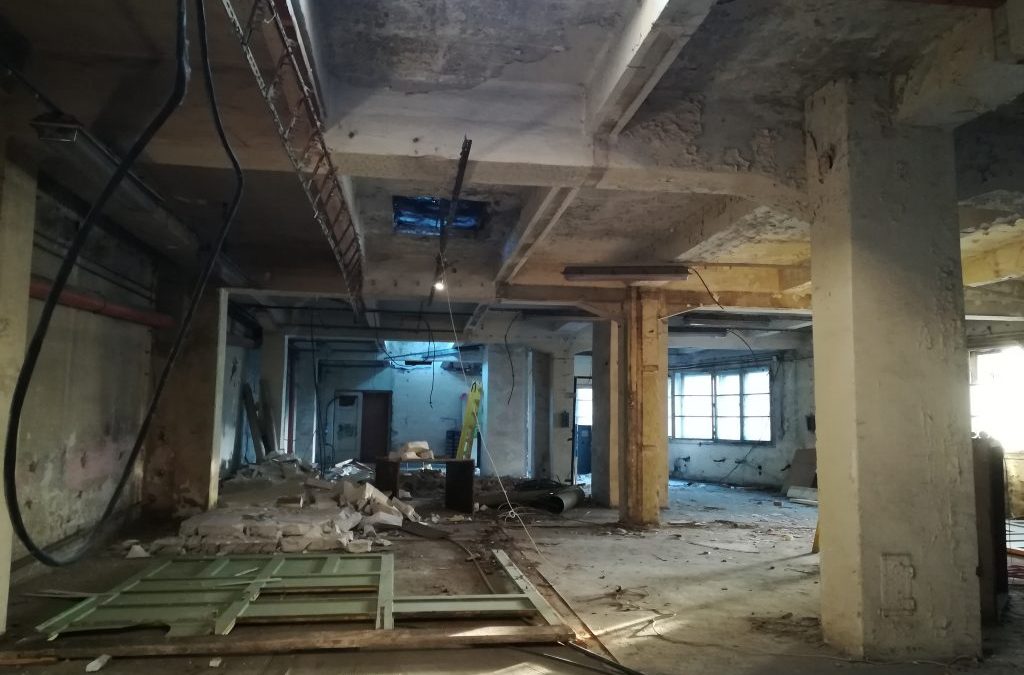Discussing the possible future and the necessary policy interventions in the Cooperative City in Quarantine series
How will the current epidemic and its devastating economic aftermath influence community-led development processes? How can these local initiatives survive, what is the role of the local authorities, cultural foundations or even European level policy makers to keep these initiatives afloat, amid the current changes?
OpenHeritage participated in the discussion organised by Cooperative City in Quarantine on June 5th. The discussion revisited some major trends of the last decade, and focused on how the reuse of abandoned spaces and vacant buildings can continue under the current circumstances, what major challenges lie ahead for city makers and concerned citizens hoping to support community spaces.
In a bit more than an hour we focused on individual cases – like the strategy of the Golya cooperative to develop supplementary services to survive in Budapest, or the approach of Foundation Compagnia di San Paolo the support cultural initiatives in trouble – but also examined municipal strategies, like the ones in Berlin, Rotterdam and Utrecht. OpenHeritage provided an overview of the different adjustment techniques based on its six Labs, and used the occasion to talk about the possible role European policies and funding can have in sustaining these local initiatives. Help is essential, as the sustainability of all these models depends on a solid balance of expenses and revenues, and many of these initiatives are often based on even more fragile and sometimes precarious economic models as they are operating outside of traditional economic parameters and logics.
The event brought together speakers from many different expertise:
- Hans Karssenberg (Stadmakersfonds)
- Szemző Hanna (OpenHeritage.eu and Metropolitan Research Institute)
- Gergő Birtalan (Gólya, Budapest)
- Robbert de Vrieze (De Delfshaven Coöperatie)
- Matteo Bagnasco (Compagnia di San Paolo)
- Katalin Gennburg (Berlin House of Representatives, DIE LINKE)
And was moderated by:
- Christian Grauvogel (re:Kreators)
- Levente Polyak (Eutropian)

